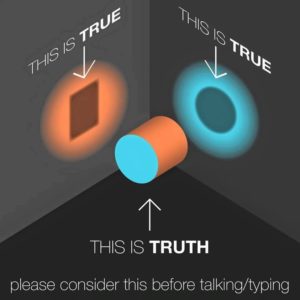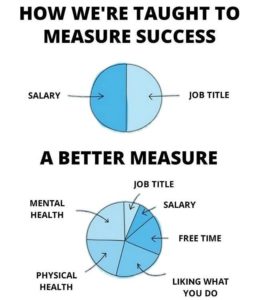It is certainly a good thing that we look out for those in our society who “fall through the cracks” of life and it’s about time the energy industry looked beyond the bad debt consequences and customer satisfaction drag of what we once called low income customers. Almost all energy companies have bans on disconnect for non-payment during extreme hot or cold weather seasons and work tirelessly to figure out pricing schemes to protect this segment.
Nevertheless, the needs are growing and now this segment has grown to more than a third of the customer base. Energy burden is the new politically correct label and just about everyone is on board to think creatively about how those living in substandard housing can be lifted out of the situation that traps them: energy costs that are disproportionately high compared to the rest of the communities.
Some can rightfully argue that there is no economic way to fix these old public housing and mobile homes to make it economical to live there. Tearing these down and starting over with modern high efficiency construction makes better long-term sense but you have now opened up a much larger agenda.
Perhaps the real solution here is to consider the larger societal agendas so we don’t simply replace the current housing but possibly relocate the families to more sustainable situations where they would then live in affordable housing, be able to walk to work or use public transportation, and learn how to budget rather than just live from paycheck to paycheck.
Isn’t it about time to realize that energy use is the result of choices? Wouldn’t it be better to manage the choice portfolio first and then let consumers make their choices? Central planning like this is routine when we look at city planning, public transportation, etc. Where are we on moving to a new form of least cost planning in the energy space? The time seems ripe for this kind of thinking.





 question in the title to this blog says it all in my opinion. I saw this image posted on LinkedIn with an invitation for anyone to comment.
question in the title to this blog says it all in my opinion. I saw this image posted on LinkedIn with an invitation for anyone to comment.
 questions you ask are managed using artificial intelligence, kind of like what happens when you talk to today’s smart speakers like Alexa. Most of us find these comfortable and acceptable, except that lately Alexa has been engaging me with follow up suggestions after I ask a question. This brings do mind some of the online spoofs where Alexa reminds the person they shouldn’t be buying that item given their health status.
questions you ask are managed using artificial intelligence, kind of like what happens when you talk to today’s smart speakers like Alexa. Most of us find these comfortable and acceptable, except that lately Alexa has been engaging me with follow up suggestions after I ask a question. This brings do mind some of the online spoofs where Alexa reminds the person they shouldn’t be buying that item given their health status.